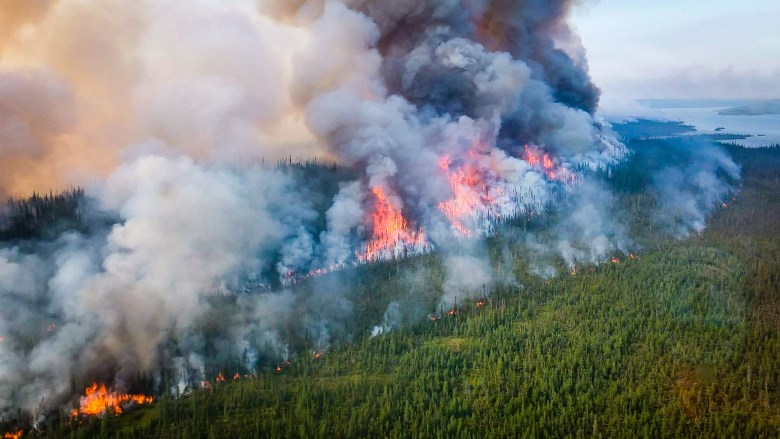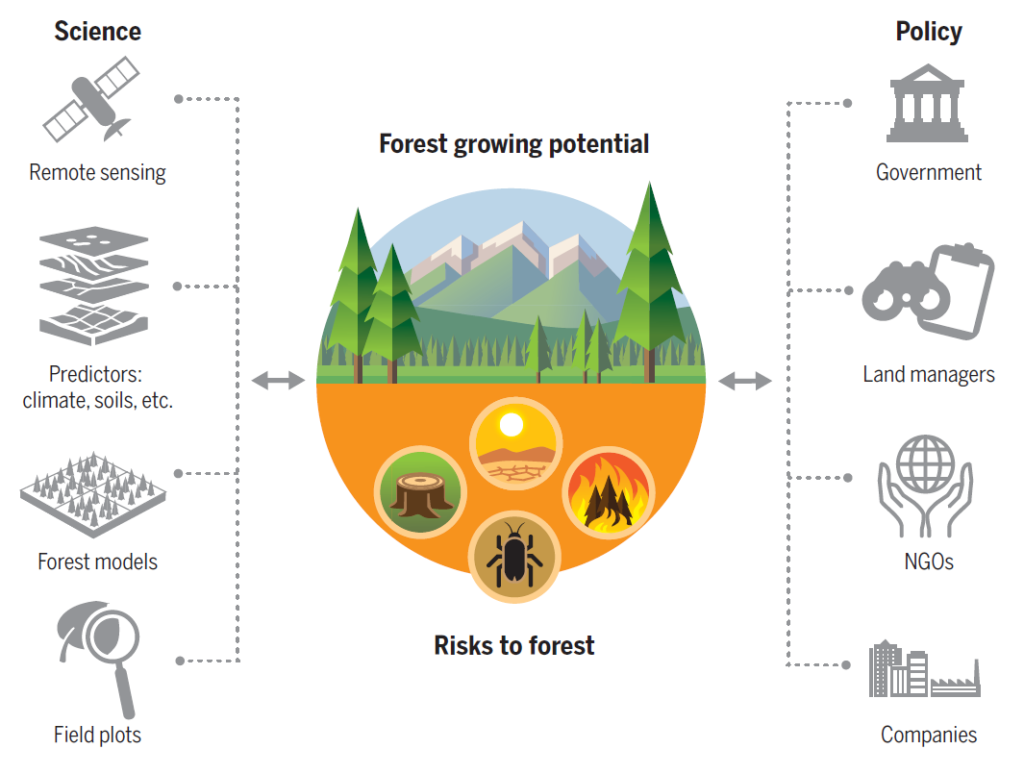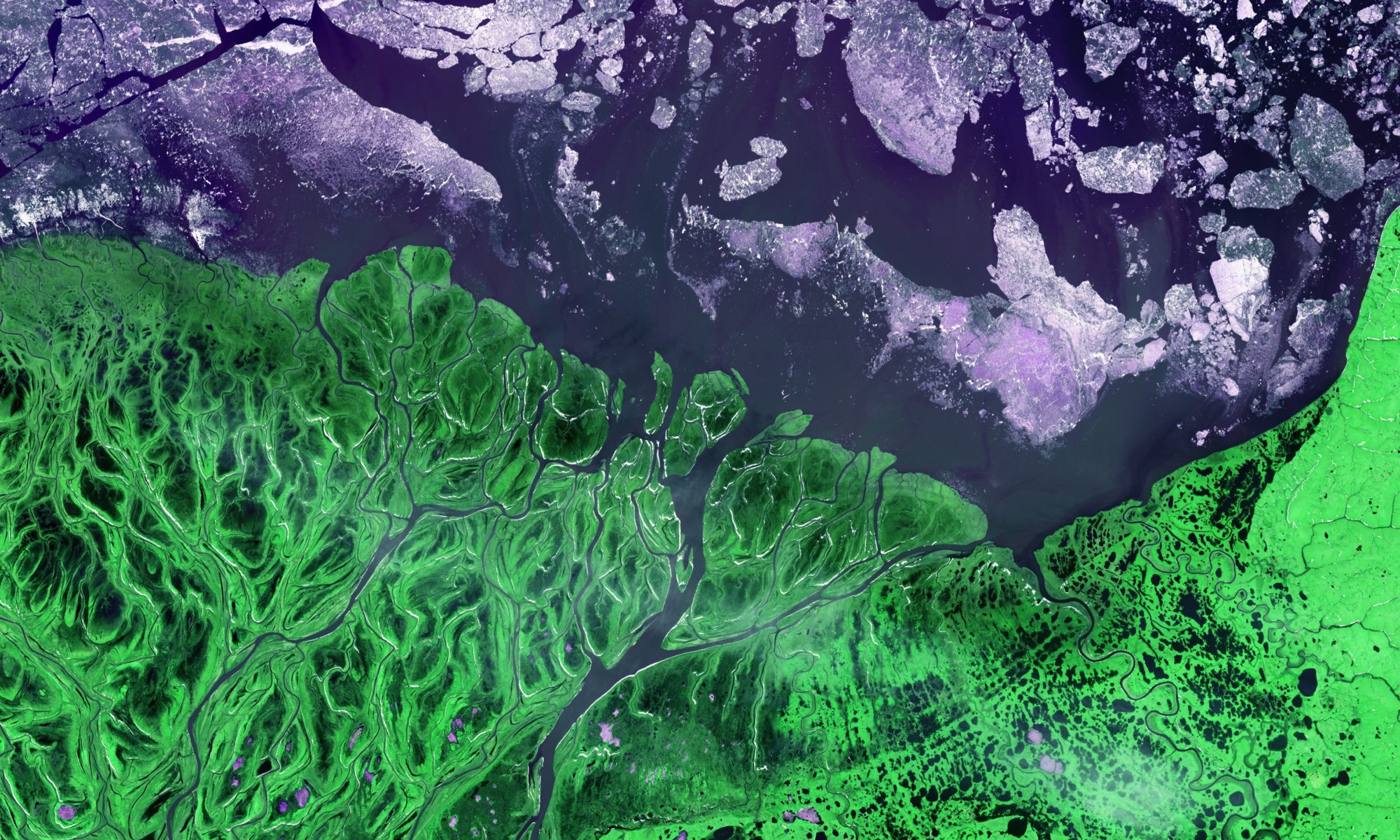
Given the tremendous ability of forests to absorb carbon dioxide from the atmosphere, some governments are counting on planted forests as offsets for greenhouse gas emissions—a sort of climate investment. As with any investment, however, it’s important to understand the risks. If a forest goes bust—through severe droughts or wildfires, researchers say—much of that stored carbon could go up in smoke.
There have been optimistic assessments of how valuable forests could be in mitigating climate change over coming decades, but all of those have somewhat surprisingly overlooked or underestimated the factors that constrain forest carbon sequestration in the face of extreme temperatures, drought, fire and insect disturbance
Scott Goetz
Professor Scott Goetz of Northern Arizona University’s School of Informatics, Computing, and Cyber Systems and associate professor Deborah Huntzinger of NAU’s School of Earth and Sustainability co-authored a paper published in Science finding that forests can be best deployed in the fight against climate change with a proper understanding of the risks to forests that climate change itself imposes.
Built into forest-based natural climate strategies is the idea that forests are able to store carbon for at least 50 to 100 years. Such permanence is not always a given, with the very real chance that the carbon stored in forest mitigation projects could go up in flames or be lost due to insect infestations, severe drought or hurricanes in the coming decades.

The paper’s authors encourage scientists to focus increased attention on assessing forest climate risks and share the best of their data and predictive models with policymakers so that climate strategies including forests can have the best long-term impact. For example, the climate models that scientists use are detailed and cutting-edge, but aren’t widely used outside the scientific community, so policymakers might be relying on science that is decades old.
Good science can better help identify and quantify risks to forest carbon stocks and lead to better policy decisions
Deborah Huntzinger
… Continue reading at NAU News
… Head straight to the Science

